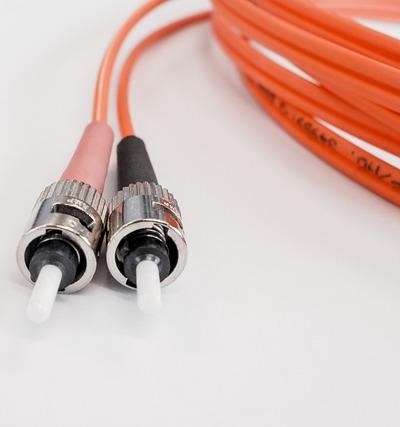
I’ve always been meticulous about online security, but even I wasn’t fully prepared for the impact of a data breach on my credit card security. Last year, I fell victim to a phishing scam. A seemingly legitimate email from my bank prompted me to click a link, which led to a fake login page. Before I realized it, my credentials were compromised. This wasn’t just a minor inconvenience; it was a terrifying introduction to the world of data theft and its devastating consequences.
Within days, I noticed unauthorized transactions on my credit card. The financial loss was significant, but the emotional toll was even greater. The feeling of privacy violation was deeply unsettling. I immediately contacted my bank and reported the credit card fraud. They cancelled my card and initiated an investigation, but the process was lengthy and stressful.
This experience opened my eyes to the critical importance of cybersecurity and payment security. I learned firsthand how easily hacking and malware can compromise even the most cautious individuals. The vulnerability of our personal information in the digital age is starkly real. I spent countless hours researching data encryption, security protocols, and risk management strategies.
Beyond the immediate financial impact, the data breach had lingering effects. I worried about potential identity theft and the long-term implications for my credit score. The potential legal ramifications and the prospect of reputation damage added to my anxiety. I signed up for credit monitoring services to track my credit reports and detect any suspicious activity. The need for robust fraud prevention became crystal clear.
My experience highlighted the critical role of consumer protection and the need for stronger compliance with standards like PCI DSS. The lack of adequate breach notification from the company responsible for the breach only added to my frustration. The entire ordeal underscored the importance of information security, digital security, and online security practices. I now meticulously review my bank statements, utilize strong passwords, and am far more cautious about clicking links in emails. I also actively monitor my credit reports. My personal journey taught me a valuable lesson: data theft isn’t just a theoretical risk; it’s a very real and potentially devastating threat.
I’m sharing my story to emphasize the critical need for enhanced cybersecurity measures and improved consumer protection laws. The impact of data breaches on credit card security extends far beyond the immediate financial losses. It involves the erosion of trust, the violation of privacy, and the lasting anxiety that accompanies the potential for identity theft. We all need to be vigilant and proactive in safeguarding our personal information.
